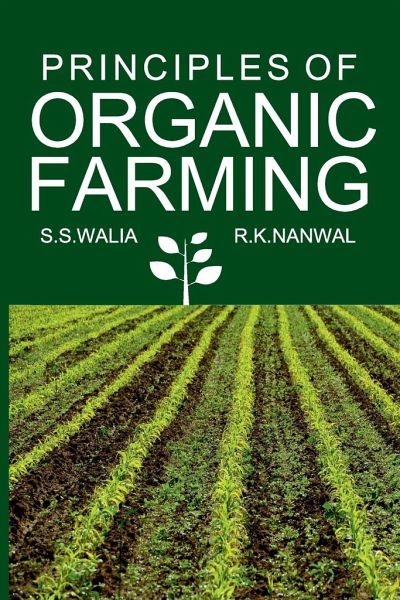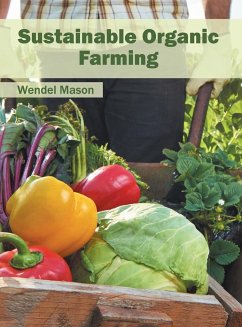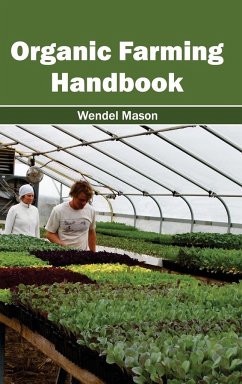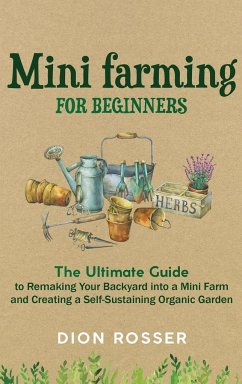Nicht lieferbar

Principles Of Organic Farming
Versandkostenfrei!
Nicht lieferbar
Organic farming is one of the alternate forms of agriculture that is aimed at sustainable agricultural production. It is a holistic way of farming in which quality agricultural production is achieved with an aim to conserve rather improve our natural resources. It relies on crop rotations, green manures, organic manures, biofertilizers, composts and biological pest management for crop production excluding or strictly limiting the use of synthetic fertilizers, chemical pesticides, plant growth regulators and livestock feed additives. The book "Principles of Organic Farming" has been designed to...
Organic farming is one of the alternate forms of agriculture that is aimed at sustainable agricultural production. It is a holistic way of farming in which quality agricultural production is achieved with an aim to conserve rather improve our natural resources. It relies on crop rotations, green manures, organic manures, biofertilizers, composts and biological pest management for crop production excluding or strictly limiting the use of synthetic fertilizers, chemical pesticides, plant growth regulators and livestock feed additives. The book "Principles of Organic Farming" has been designed to fulfill the requirements of undergraduate students of agriculture stream as per syllabus of Vth Dean's Committee of ICAR. A detailed and comprehensive information regarding organic farming concept, characteristics, principles, its types, history of organic farming and initiative taken for promotion of organic agriculture, organic ecosystem and their concepts, organic nutrient/weed/insect/disease management, organic production requirements, national program for organic production and certification, food processing and handling, organic postharvest handling, economic considerations, viability, export and marketing of organic products, organic farming in dryland areas, integrated organic farming systems, good agricultural practices their concept & strategies, lessons learnt from organic farming.







